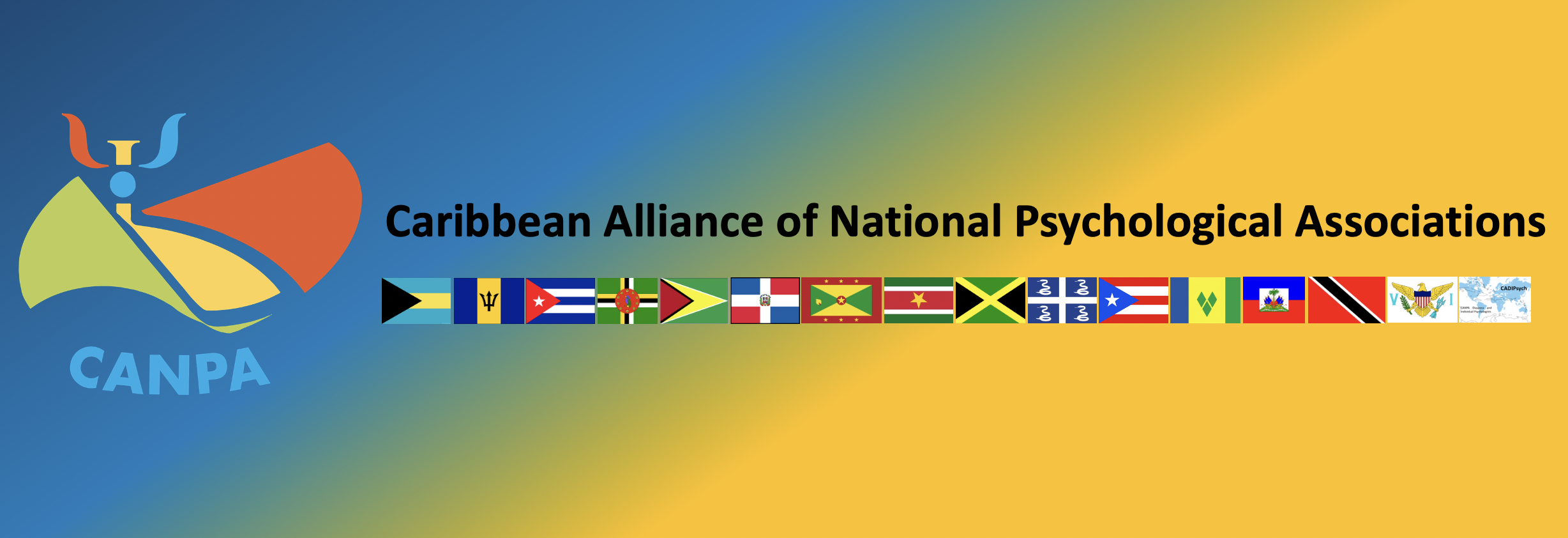[vc_row][vc_column][vc_column_text]
COMMON CREOLE WORDS AND PHRASES
PRONUNCIATION GUIDE
Creole is written phonetically. Each letter is pronounced, and each word is spelled as it is pronounced. Creole has only been recognized as the official language of Haiti in the last few years. Therefore, there are many different ways in which the Haitians write and spell Creole words. There is an official standard that has been set, and this standard will be maintained in this publication. The following is a pronunciation guide using this standard; most of the sounds are French.
ch-share chache-to look for
o-claw fo-strong
e-aim ede-to aid, help
ou-you ou-you
e-leg mesi-thank you
r-(not rolled) respire-to breathe
g-go gen-to have
I-see isit-here
s-(always s) prese-in a hurry
j-(avoid the d sound) jou-day
y-yes pye-foot
o-toe zo-bone
There are nasal sounds in Creole just as there are nasal sounds in French, which are pronounced partially through the nose, but without the “n” itself pronounced (a rare exception to the general pronunciation rule of pronouncing every letter). Some English equivalents which come close to the nasal sounds are as follows:
an-alms dan-tooth
en-chopin pen-bread
on-don’t bon-good
A. When a nasal sound is followed by another “n”, or “m,” the nasal sound is pronounced, then the “n” or “m” is pronounced separately.
B. If an accent is placed over the vowel, there is no nasal sound.
C. In never indicates a nasal sound.
The letter c is only used in the ch combination.
The letter k is used for the hard sound.
The letter s is used for the soft sound.
CREOLE – ENGLISH
* * * * * * * * * * *
Bonjou! – Good morning!
Bonswa! – Good afternoon!/Evening! (used after 11 AM)
Komon ou ye? – How are you?
N’ap boule! (most common greeting and response) – Good!
Wi – Yes
yo – they, them
Non – No
Mesi – Thanks
Anmwe! – Help!
Non, mesi – No, thanks
Souple – Please
Merite – You’re welcome
Pa gen pwoblem – No problem
Oke – OK
Eskize mwen – Excuse me
Mwen regret sa – I’m sorry
Gen… – There is/are…
Pa genyen! – There is/are not any!
Mwen pa genyen! – I don’t have any!
Sekonsa! – That’s right!
Piti piti – A little bit
Anpil – A lot
Gen anpil… – There are a lot of…
Isit – Here
La – There
Tout bagay anfom? – Is everything OK?
Pa kounye-a – Not now
Toupatou – Everywhere
Anyen – Nothing
Preske – Almost
Atansyon! – Attention!/Watch out!
Prese prese! – Hurry!
Dife! – Fire!
Rete! – Stop!
Kounye-a – Now
Nou ap chache… – We are looking for…
Souple, ban mwen… – Please give me…
Separe sa ant nou – Divide this among you
Ye – Yesterday
Jodia – Today
Demen – Tomorrow
Maten an – This morning
Apremidi a – This afternoon
Aswe a – This evening
lendi – Monday
madi – Tuesday
mekredi – Wednesday
jedi – Thursday
vandredi – Friday
samdi – Saturday
dimanch – Sunday
Ou byen? – You OK?
Mwen pa two byen – I’m not too well
Mwen malad – I’m sick
Te gen yon aksidan – There was an accident
Nou bezwen yon dokte/yon mis touswit – We need a doctor/a nurse right now
Kote Iopital Ia? – Where is the hospital?
Kote Ii ou fe mal? – Where does it hurt you?
Li ansent – She’s pregnant
Mwen pa ka manje/domi – I cannot eat/sleep
Mwengendjare – I have diarrhea
Mwen anvi vonmi – I feel nauseated
Tout ko mwen cho – My whole body is hot
Mwen toudi – I’m dizzy
Nou bezwen pansman/koton – We need bandages/cotton
Mwen bezwen yon bagay pi blese sa a – I need something for this cut
Mwen grangou – I’m hungry
Mwen swaf anpil – I’m very thirsty
Nou ta vle manje – We would like to eat
Konben – How much?/How many?
Poukisa? – Why?
Kote? – Where?
Kisa? – What?
Kile? – When?
Ki moun? – Who?
Kijan? – How?
Kiles? – Which?
Eske gen…? – Is/Are there…?
Eske ou gen…? – Do you have…?
Eske ou ka ede nou, souple? – Can you help us please?
Kote nou ka achte…? – Where can we buy…?
Eske ou ka di mwen…? – Can you tell me…?
montre – show
ban – give
Ki moun ki Ia? – Who is there?
Kisa ou vIe? – What do you want?
Kisa ou ta vIa? – What would you like?
Kisa ou ap fe Ia? – What are you doing there?
Kisa sa a ye? – What is that?
Sa k’genyen? – What’s the matter?
Kisa pi nou fe? – What must we do?
Eske ou te we…? – Have you seen…?
Eske ou pale angle/franse? – Do you speak English/French?
Ki moun isit ki pale angle? – Who speaks English here?
Ou konprann? – You understand?
Kij an yo rele sa an kreyol? – What do they call that inCreole?
Kij an yo di…an kreyol? – How do they say… in Creole?
Kisa ou bezouen? – What do you need?
Kisa ki rive ou? – What happened to you?
Ki kote li ale? – Where did he go?
Kilaj ou? – How old are you?
Kote ou rete? – Where do you live?
Eske ou gen petit? – Do you have any children?
Kote nou ye? – Where are we?
genyen – to have
chita – to sit
manje – to eat
rete – to stop
kouri – to run
kouche – to lie down
vini – to come
ale/prale – to go
ban – to give
rete trankil – to be quiet
pran – to get, receive
leve – to get up
sede – to give up
touye – to kill
frape – to hit
kache – to hide
konnen – to know
manti – to lie (not truth)
gade – to look
koupe – to cut
kwit-manje, fe-manje – to cook
fimen – to smoke
atake – to attack
ban pemi – to authorize
kri – to shout, yell, scream
achte – to buy
fe-apel – to call, name
netwaye – to clean
femen – to close
fose – to coerce, force
fini – to finish
obeyi – to obey
fe – konfyans – to trust
console – to comfort
pati – to leave, depart
mouri – to die
fe-desen – to draw, sketch
bwe – to drink
tonbe – to drop, fall
mete abo – embark, load, board
atoure – to surround
ranfose – to enforce
ou – you, your
mwen – I, me, my, mine
nou – us, our, you (plural)
Ii – him, her, his, hers
* * * * * * * * * * * *[/vc_column_text][/vc_column][/vc_row]

